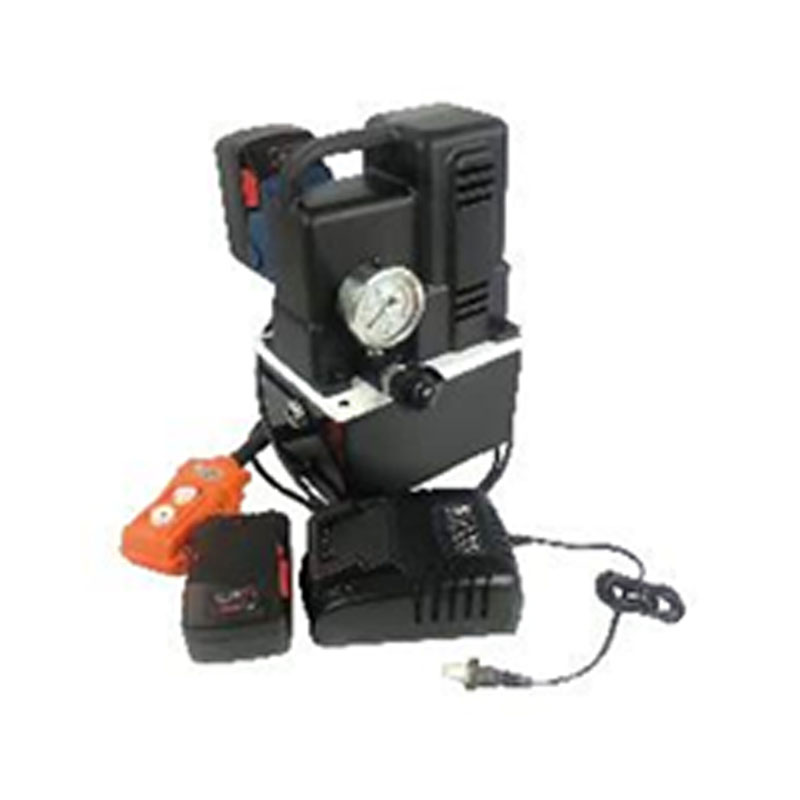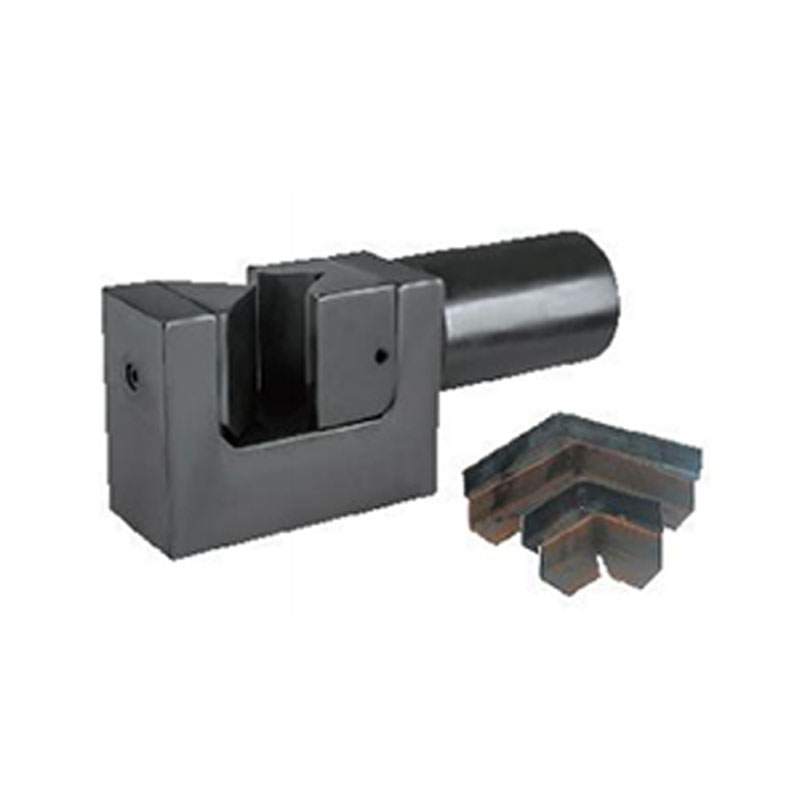Steel Bar Benders: Key Features and Selection Tips
 2024.06.19
2024.06.19
 Industry News
Industry News
In the bustling landscape of construction, the steel bar bender stands as a testament to innovation and efficiency. Manufacturers are constantly refining their bar bending machines to meet the evolving demands of the industry. The cordless rebar bender and the steel bar bender, in particular, have become essential tools for professionals seeking precision and versatility in their work.
Introduction to Steel Bar Benders
The steel bar bender is a versatile piece of equipment designed to bend steel bars into various shapes and sizes. It is an indispensable tool in the construction, automotive, and manufacturing sectors. Bar bending machines, including the cordless rebar bender, offer a range of benefits that enhance on-site productivity and ensure the quality of the final product.
Key Features of Bar Bending Machines
1. Power Source: Bar bending machines can be powered by electricity, hydraulics, or, in the case of the cordless rebar bender, by a rechargeable battery. This feature allows for greater flexibility in the work environment.
2. Adjustability: A good steel bar bender should have adjustable bending angles and dies to accommodate a variety of bar sizes and shapes.
3. Durability: The machine's construction should be robust, using high-quality materials to withstand the rigors of construction work.
4. Ease of Use: Intuitive controls and a user-friendly interface are essential for operators to achieve the desired results with minimal training.
5. Portability: Especially for the cordless rebar bender, portability allows the machine to be used in various locations without the need for a power source.
6. Safety Features: Safety mechanisms, such as emergency stops and protective guards, are crucial to protect the operator and those around them.
7. Efficiency: The speed and accuracy with which a bar bending machine can perform its tasks are key indicators of its efficiency.
8. Versatility: The ability to handle different types of steel bars, including rebar, is a significant advantage for a steel bar bender.
9. Maintenance: A machine that requires minimal maintenance is more cost-effective in the long run.
10. Warranty and Support: A strong warranty and after-sales support from the manufacturer are indicators of a reliable product.
Selection Tips for Bar Bending Machines
1. Assess Your Needs: Before selecting a bar bending machine, consider the types of projects you will be working on and the specific requirements for bending steel bars.
2. Power Source Consideration: Choose a machine that aligns with your available power sources and the mobility you need for your work.
3. Bending Capacity: Ensure the machine can handle the size and strength of the steel bars you intend to bend.
4. Budget: While it's important to invest in quality, consider your budget and the cost-benefit ratio of different machines.
5. Operator Comfort: The design of the machine should allow for comfortable operation over extended periods.
6. Reputation of the Manufacturer: A well-established manufacturer with a history of producing reliable bar bending machines is a safer bet.
7. After-Sales Service: Consider the availability of spare parts, maintenance services, and technical support.
The selection of a steel bar bender is a critical decision that can significantly impact the efficiency and quality of construction projects. By understanding the key features and following the provided selection tips, users can find a bar bending machine that meets their specific needs. Whether it's a cordless rebar bender for increased mobility or a traditional steel bar bender for heavy-duty applications, the right choice will cause improved productivity and satisfaction on the job site.



 Español
Español русский
русский










